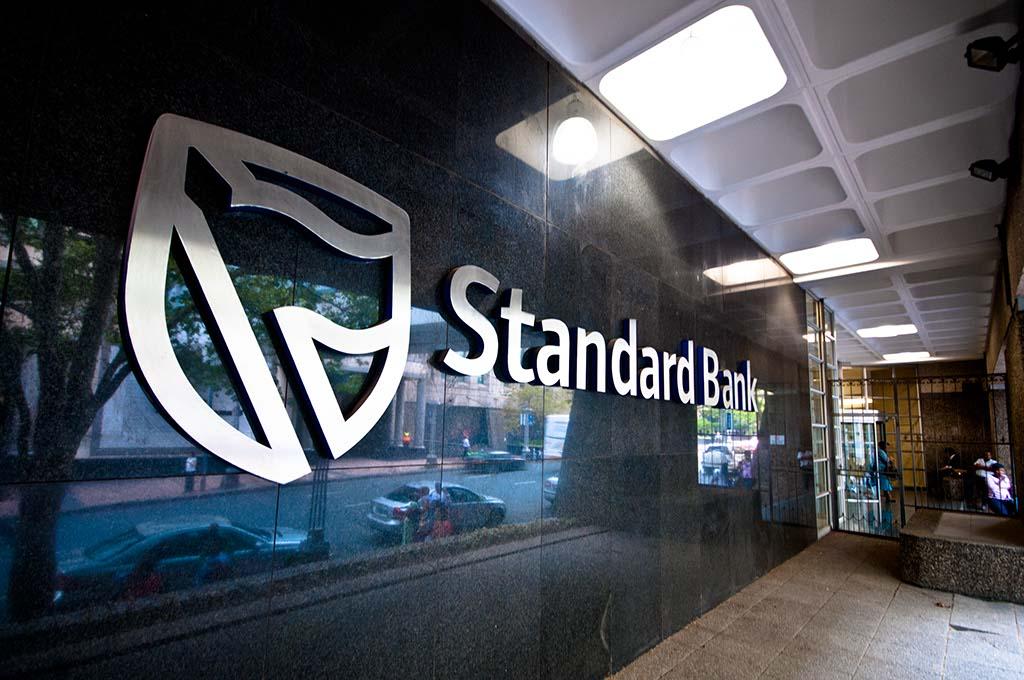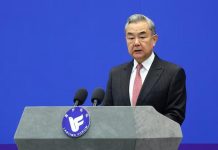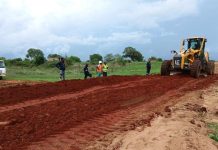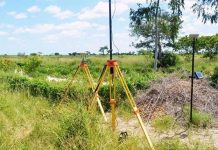Africa-Press – Mozambique. Key findings
The Mozambique PMI™ continued to signal a strong uplift in demand across the private sector in November, with the rate of new business growth picking up to the fastest since June and driving both a solid expansion in output levels and stronger business confidence. Firms continued to manage their workloads well, prompting a slowdown in both purchasing and employment growth to marginal rates.
The headline figure derived from the survey is the Purchasing Managers’ Index™ (PMI). Readings above 50.0 signal an improvement in business conditions on the previous month, while readings below 50.0 show a deterioration.
The headline PMI dipped to 52.0 in November from 52.1 in October, but nevertheless pointed to an improvement in operating conditions across the private sector economy. The reading was also the third-highest seen since the start of the COVID-19 pandemic.
New business at Mozambican firms increased again midway through the final quarter, and at a solid rate that was the fastest in five months. Companies that saw orders rise often related this to an increase in client numbers as economic conditions stabilised following COVID-19 restrictions.
As a result, output levels were driven higher for the second month in a row, with the rate of growth accelerating from October. Confidence in future output meanwhile ticked up to a four-month high, as around two-thirds of survey respondents predicted an expansion over the coming year.
At the same time though, the rate of job creation softened to a seven-month low. While some firms hired new workers due to increased demand, others continued to report that capacity was sufficient to meet new orders.
Backlogs of work decreased again in November, although the rate of depletion slowed to a fractional pace.
Similarly, the quantity of inputs purchased rose only slightly in November, following two months of solid growth.
Some firms noted that a lack of spending power had stopped them from buying more goods, although stock levels did continue to rise.
In addition, Mozambican companies faced another solid uptick in input costs, as wages were raised in line with stronger demand, while the price of raw materials, fuel and transport were all cited as higher. The increase in costs was largely passed through to consumers, as output prices rose modestly over the month.
Lastly, November data pointed to a renewed upturn in supplier performance, after longer lead times were recorded for the first time in 14 months in October. The overall improvement was only fractional, however.
Comment
Fáusio Mussá, Chief Economist – Mozambique at Standard Bank commented: “Standard Bank PMI decelerated to 52.0 in November, from 52.1 in October. Still, having remained above the 50-benchmark for the third month in a row, the PMI suggests the economy continues to experience growth recovery during the fourth quarter, supported by an increase in output.
“The output index rose to 52.8 in November. This suggests that we could see the strong GDP performances in agriculture and mining experienced during Q3:21 repeating through Q4:21, however growth rates outside primary activities remained slow and could show a lower resilience to the pandemic than primary activities.
“Sub-indexes of quantity of purchases and new export orders recorded the sharpest declines in the month. The new Covid variant reported during November in the neighbouring South Africa has resulted in travel bans and brings uncertainty about stringency, which could negatively impact the recovery.”
For More News And Analysis About Mozambique Follow Africa-Press






